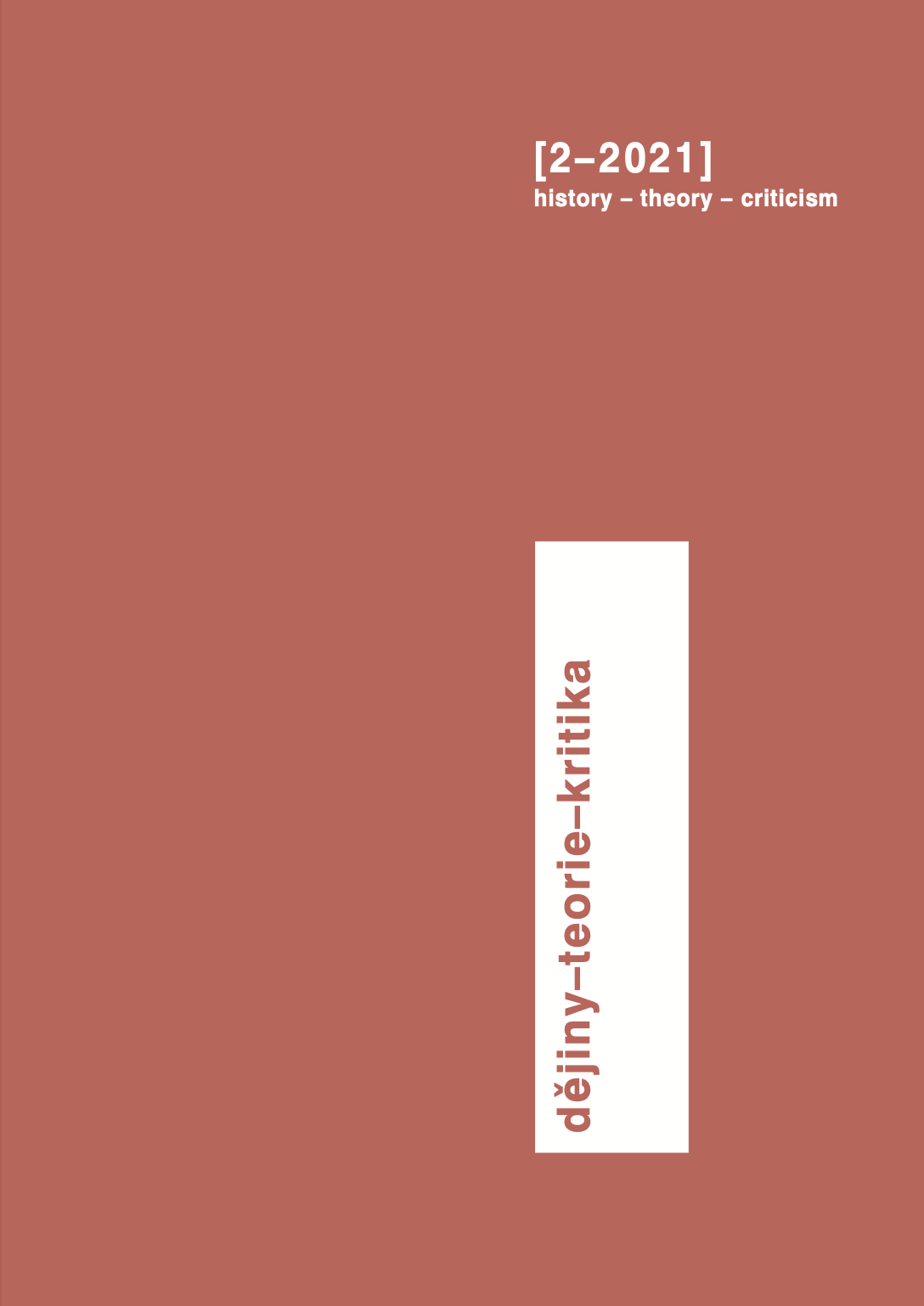The History of the Camps for so-called Scoundrels, Layabouts, and Gypsies, or a reaction to the critique by Pavel Baloun and Jaromír Mrňka
DOI:
https://doi.org/10.14712/24645370.2938Abstract
The text is a response to a study by Pavel Baloun and Jaromír Mrňka titled ‘Camps for Scoundrels, Layabouts, and Gypsies.’ Contribution to Research into the Policy and Practice of Criminalisation of ‘Work-Shy’ Population During the Second Czechoslovak Republic and the Protectorate (1938 to 1942), published in the History – Theory – Criticism journal. Its notable part consisted of a series of polemical comments on the works of other historians, presented from the position of so-called engaged historiography. The author reacts primarily to two essential criticizing observations by P. Baloun and J. Mrňka: Why he does not consider the establishment of labour camps in October 1938 as a manifestation of the fascist ideology of the Czech political elites. And how he allegedly wrongly claimed that in the summer of 1942, the Nazi racial approach to the Roma population had already been fully enforced, compared to the previous period. For this purpose, he situates both reproaches in the broader factual context which has led to his interpretations. At the same time, he comments on the discursive practices of both authors, which are presented as an effort to open a new debate on the Romani and Sinti genocide in the period under study. Thus, in this context, he notes that their approach to the history of the disciplinary labour camps and the so-called assembly centres is strongly ethnocentric.


